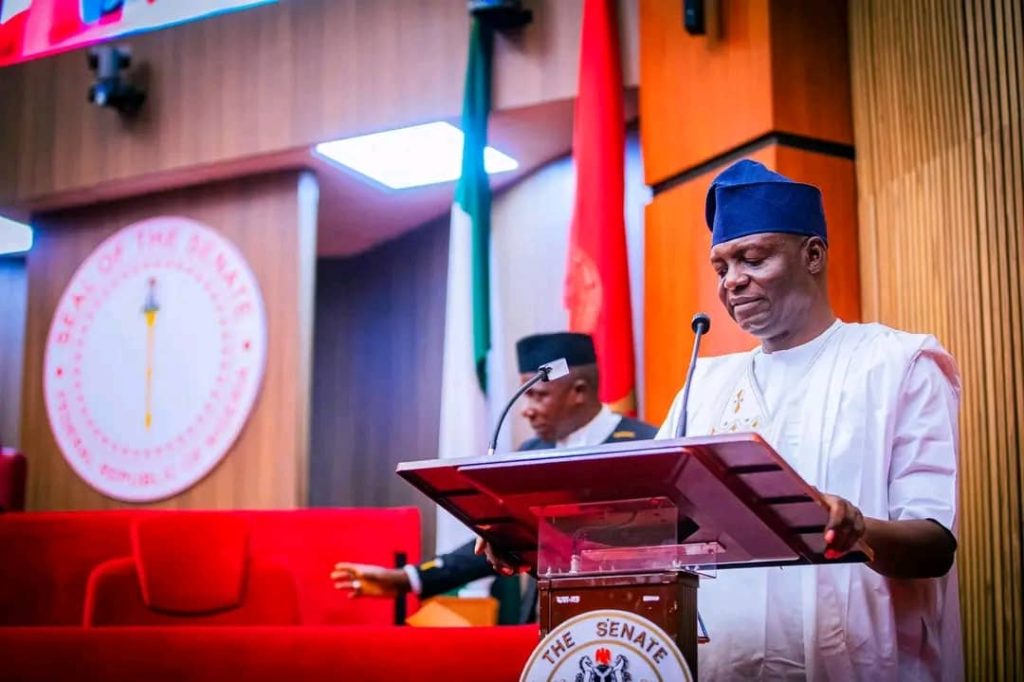The federal government, under the leadership of Nentawe Yilwatda, Minister of Humanitarian Affairs and Poverty Reduction, has embarked on a groundbreaking initiative to combat poverty in Nigeria. By harnessing the power of artificial intelligence (AI) and satellite technology, the government aims to pinpoint and assist impoverished individuals residing in urban slums across the country.
Yilwatda’s innovative approach highlights a significant shift towards utilizing cutting-edge technologies to address social issues. This strategic implementation of AI demonstrates a proactive stance in identifying and supporting vulnerable populations that often go unnoticed within traditional welfare systems.
The integration of AI and satellite technology allows for a more precise and efficient identification process, enabling targeted interventions to reach those most in need.
Furthermore, the adoption of AI in poverty identification signifies a departure from conventional methods that may be subjective or prone to errors. By leveraging advanced algorithms and data analytics, the government can streamline the process of identifying individuals living below the poverty line, ensuring that resources are allocated effectively and equitably.
Yilwatda’s emphasis on leveraging technology underscores the importance of innovation in addressing complex social challenges and improving the overall welfare of Nigerian citizens.
The intersection of technology and social welfare opens up new possibilities for enhancing the impact of government initiatives and fostering inclusive growth. Through the strategic deployment of AI, the government can gain valuable insights into poverty dynamics, enabling targeted interventions that address root causes and empower individuals to break the cycle of poverty.
The use of AI not only enhances the efficiency of poverty identification but also lays the foundation for data-driven policymaking that is responsive to the evolving needs of the population.
Looking ahead, the integration of AI in poverty alleviation efforts sets a precedent for future interventions that leverage technology to drive positive social change. As the digital landscape continues to evolve, there is immense potential for AI to revolutionize the way governments address poverty and inequality, creating a more inclusive and sustainable society for all.
In conclusion, Minister Nentawe Yilwatda’s initiative to use AI for identifying impoverished Nigerians represents a bold step towards harnessing technology for social good. By embracing innovation and data-driven approaches, the government is poised to make significant strides in reducing poverty and enhancing the well-being of its citizens. This forward-thinking strategy not only reflects a commitment to leveraging the latest advancements in technology but also underscores a deep-rooted dedication to creating a more equitable and prosperous future for all Nigerians.

